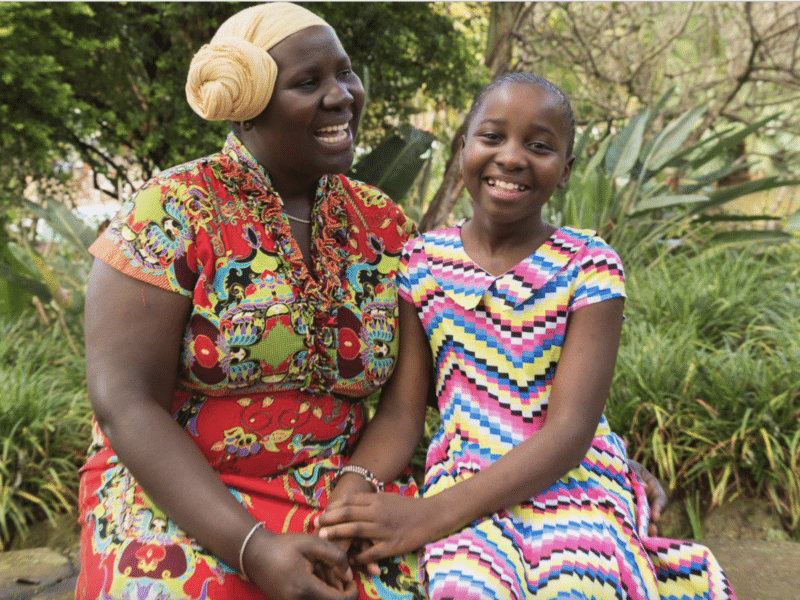There’s good news on the global malaria front. Despite financial constraints in Washington, the U.S. House of Representatives and U.S. Senate have upheld commitments to malaria control spending in the 2013 fiscal year, passing bills that will continue to fund efforts to save lives.
Last month the House Appropriations Committee approved more than $8 billion for global health programs, of which $650 million will fund bilateral malaria programs, about the same as actual FY12 levels. The House also approved $1.3 billion for the Global Fund to Fight AIDS, Tuberculosis and Malaria, the same as in FY12.
Likewise, the Senate Appropriations Committee approved $8.5 billion for global health programs, of which $670 million will fund bilateral malaria programs. This represents a $20 million increase from FY12 levels and $51 million above the President’s request. The Global Fund received $1.65 billion, matching the President’s request.
Both bills enjoyed bipartisan support.
“It’s heartening to see this kind of bipartisan consensus around an urgent need to consolidate the gains that have been made in reducing deaths from malaria,” says Dr. Matt Lynch, director of the Global Malaria Program at the Johns Hopkins Bloomberg School of Public Health Center for Communication Programs. “We recognize this as a time of constrained resources and understand that such commitments bring us closer to reaching the 2015 targets of near-zero deaths.”
According to the World Bank, at least 16 countries are on their way to meeting those goals. Across Africa, the child mortality rate is falling, most notably in countries where the use of long-lasting insecticidal nets has increased.
Similarly, the World Health Organization reports that malaria deaths have been cut by one third in the last ten years, thanks to investments in malaria control. Such investments have a spillover effect, improving child survival and maternal health, access to education and poverty eradication efforts.
Even with greater resources from national health budgets and the private sector in malaria-endemic countries, U.S. foreign aid underlies this progress. The Center for Communication Programs would like to thank Chairwoman Kay Granger (R-TX) and Ranking Member Nita Lowey (D-NY) of the House, Chairman Patrick Leahy (D-VT) and Ranking Member Lindsey Graham (R-SC) of the Senate, and all other members of the appropriations committees for their support.
Learn more about JHU∙CCP’s global malaria programs at www.malariafreefuture.org and www.networksmalaria.org.




